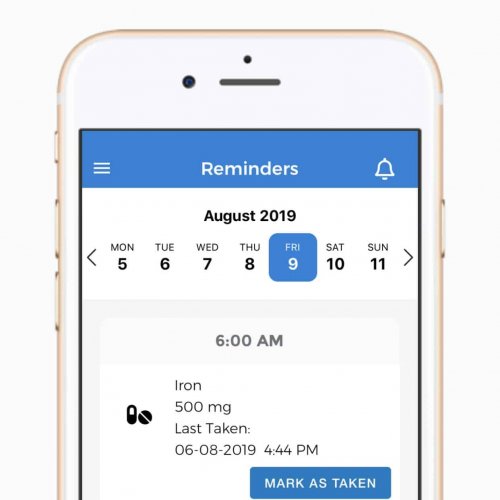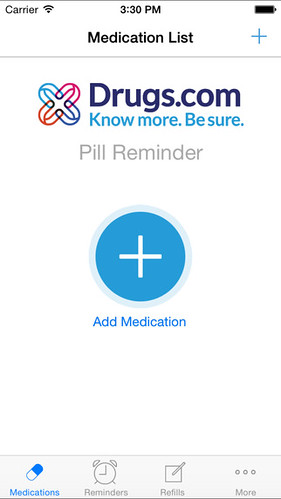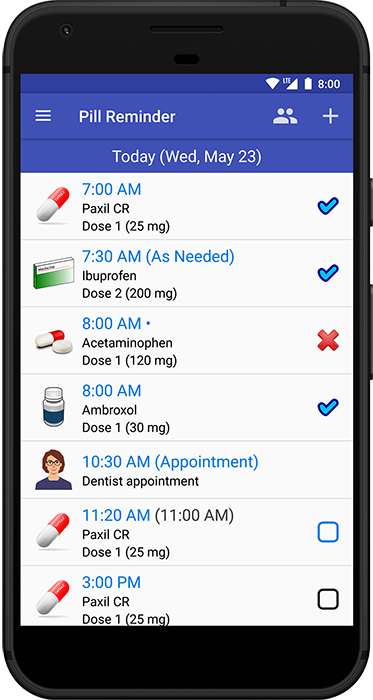


9 When compared with simple one-component interventions, such as a text message intervention, the complex interventions were found to have similar results. Recently, a meta-analysis of randomised controlled trials (RCTs) investigating interventions to improve adherence to multiple cardiovascular medication in a CHD population found that interventions significantly improved the odds of being adherent however, the interventions varied widely, and the majority of the interventions were complex, comprising several components.

Given this suboptimal adherence to cardiovascular medication, a growing body of research has been investigating different interventions to improve medication adherence. 7 In Australia, it is estimated that 14%–43% of the patients do not adhere to their cardiovascular medication after 12–24 months. 2 However, non-adherence to long-term therapies is a global concern especially in chronic diseases, 3 4 such as CVDs, 5 6 as highlighted by the WHO report in 2003. 1 After an acute coronary event, about half of patients have recurrent events, which can be reduced by adhering to a healthy lifestyle and to evidence-based cardiovascular medication.
#Pill reminder apps for iphone trial
This study is limited by its small sample size and short-term follow-up however, the results of this study will provide preliminary data essential to design a bigger trial with a longer term follow-up.Ĭardiovascular disease (CVD) and medication adherenceĬoronary heart disease (CHD) is the leading cause of death worldwide, accounting for more than eight million deaths in 2015. Medication adherence will be measured using a validated self-report questionnaire however, more objective outcomes, such as prescription refills data and clinical measurements of blood pressure and cholesterol levels, will also be measured. To design this study, a systematic search and a stepwise process to identify high-quality medication reminder apps was conducted, in which the apps were classified into basic medication reminder apps with no interactivity and advanced medication reminder apps with additional interactive and customisable features.Ī basic and an advanced medication reminder apps will be used in the study, and a process evaluation will provide insights on which characteristics and features of medication reminder apps are more likely to be useful, increase patient engagement and optimise effects. Recently smartphone apps have been proposed as potential tools to improve adherence therefore, in this study, an innovative strategy using medication reminder apps to improve the global problem of medication non-adherence will be investigated in a population with coronary heart disease. A process evaluation will also be performed to assess the feasibility of the intervention by evaluating the acceptability, utility and engagement with the apps. Secondary outcomes include clinical measurements of blood pressure and cholesterol levels, and medication knowledge. The primary outcome is medication adherence measured by the eight-item Morisky Medication Adherence Scale at 3 months. The advanced medication reminder app group will have access to a medication reminder app with additional interactive and customisable features. The basic medication reminder app group will have access to a medication reminder app with a basic feature of providing simple daily reminders with no interactivity. The usual care group will receive standard care for CHD with no access to a medication reminder app. An estimated sample size of 156 patients with CHD will be randomised to one of three groups (usual care group, basic medication reminder app group and advanced medication reminder app group). Methods and analysis Randomised controlled trial with follow-up at 3 months to evaluate the feasibility and effectiveness of medication reminder apps on medication adherence compared with usual care.


 0 kommentar(er)
0 kommentar(er)
